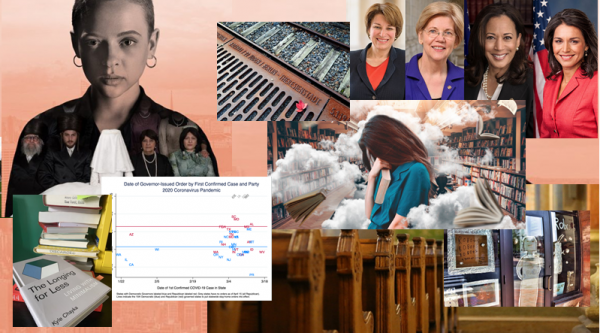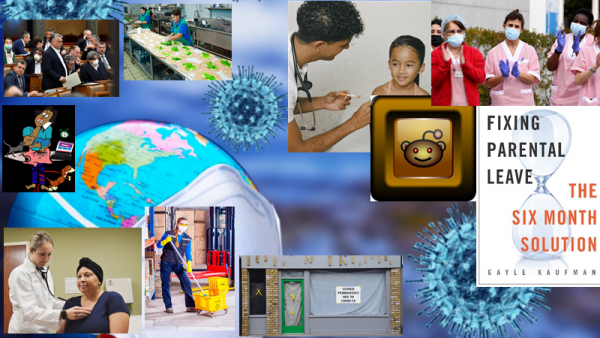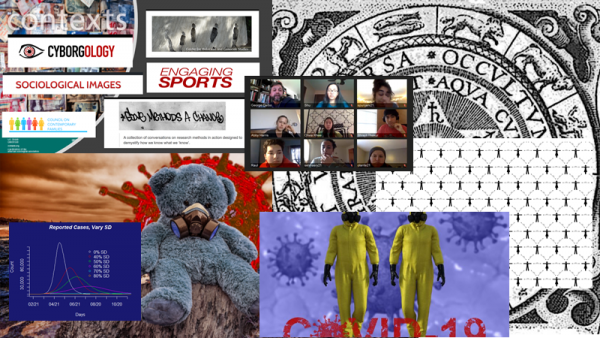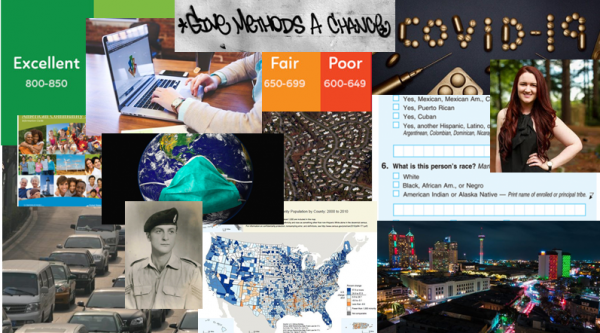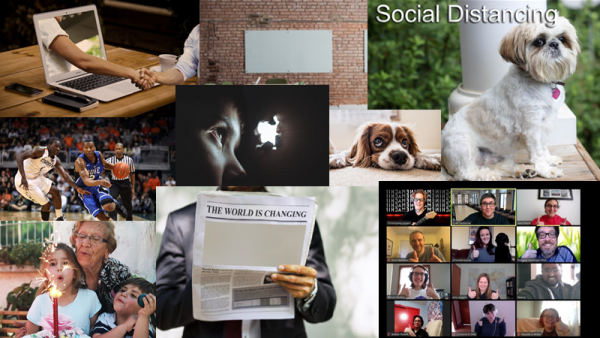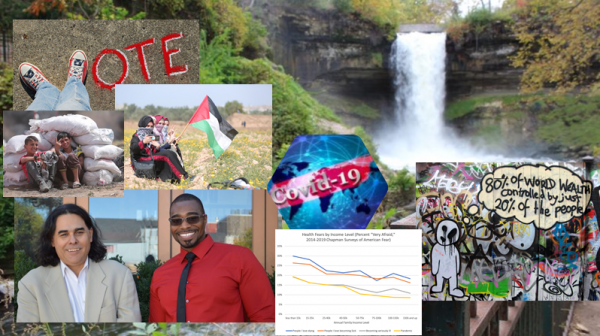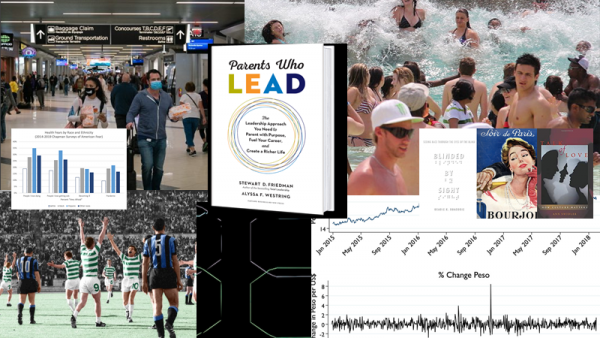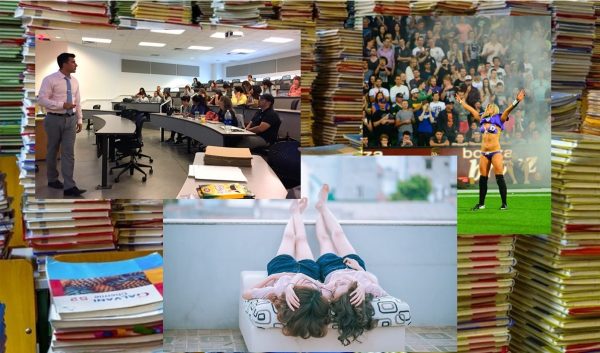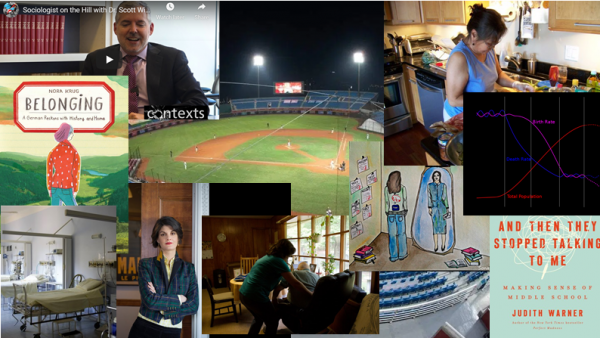
Welcome Back! This week, we feature guest posts on death and COVID-19 and on the challenges of communicating via Zoom. We also bring you research on carework and historical changes in the mortality rate, and an analysis of the reopening of Taiwanese baseball.
Features:
“It’s true. Isolated COVID-19 deaths are terrible. But where does inequality fit in?” Karen Lutfey Spencer and Aubrey Limburg show us that while coronavirus heightens existing inequalities, death may be the “great equalizer.”
“Group Interaction in the Age of Zoom.” Ron Anderson examines how symbolic interactionism can help us to better understand the differences between online and in-person communication.
There’s Research on That:
“Caring is Work” by Allison Nobles. We round up research on different forms of carework performed historically and around the world.
“Changes in How and When We Die” by Jean Marie Maier. We round up epidemiological research explaining how the relationship between human beings and disease has changed over time.
From Our Partners:
Contexts:
“Sociologist on the Hill with Dr. Scott Winship” by Josh McCabe.
Council on Contemporary Families:
“An Interview with Judith Warner about her new book on Middle Schoolers” by Arielle Kuperberg.
From Our Community Pages:
Engaging Sports examines nationalism in Taiwan as the nation’s professional baseball teams return to play in stadiums without fans.
Center for Holocaust and Genocide Studies interviews author and illustrator Nora Krug about her new visual memoir of her German family history and WWII.


